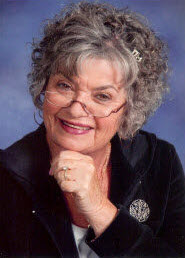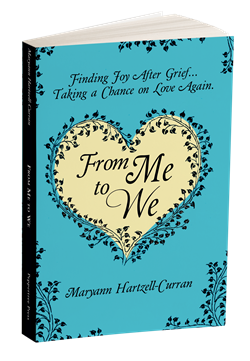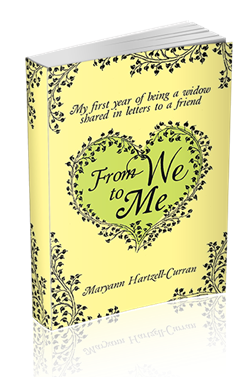My father, like most Alzheimer’s patients was an intelligent and inspiring man who succumbed to this dreaded disease at the age of 76. I still ask myself why…
 My stepmother told us the story about the first time she noticed something was wrong. She had accompanied my father on a visit to his factory. He was due to give a presentation on familiar machine tools that he manufactured and sold. As he was setting up the slide projector, he hesitated and looked lost. She described darkness in his eyes. He shook his head, sat down and appeared vacant.
My stepmother told us the story about the first time she noticed something was wrong. She had accompanied my father on a visit to his factory. He was due to give a presentation on familiar machine tools that he manufactured and sold. As he was setting up the slide projector, he hesitated and looked lost. She described darkness in his eyes. He shook his head, sat down and appeared vacant.
She quickly sat by his side and held his hand. He looked into her eyes and said, “I do not know what, but something is wrong.” That was the beginning of two years of confusion, terrible temper tantrums, agitated behavior and other health problems. All combined, these took his life four years later at the age of 76.
My father was intelligent, almost brilliant, a real contributor to the community both personally and professionally. He started his first business at sixteen with his father. He headed committees for many causes, was active in our church, traveled the world, remarried two times after the death of my mother and had many friends. One of those was me . . . he was not only my Dad . . . he was my friend.
He also was my teacher. We all know that fathers play huge roles in their children’s upbringing. I agree because he gave me the strength to find my own strengths. He listened not only to my problems but mostly to my dreams and always gave me this “girl” advice: “Make your point, Maryann. I know you can do it but whatever you do . . . don’t cry! “
In his case, the Alzheimer’s took six years. The first indication was what I mentioned above and progressed to sundowner’s syndrome, demanding my stepmother make breakfast at 3 a.m. many days. She also had to provide a railed bedding arrangement to keep him safe. I made frequent visits during those years and saw the tragic demise of his brilliant mind.
Two weeks before he died, now in a wheelchair and sleeping most of the time, we were able to go out for a small family dinner. His eyes lit up as the food was passed family style to all of us seated near him. Being a serious diabetic, he should not have eaten the candied sweet rolls presented by the waitress. But as they came to my husband and me, we popped one on Dad’s plate . . . he was thrilled! Much like a child, he salivated and enjoyed every bite.
The last doctor’s visit I shared with him, we received some ominous news. The doctor explained that Dad would probably die from a fall or an infection. Two weeks later, he lost his balance and as my stepmother caught him, his head was jarred violently causing a hematoma in his brain. Evidently this is very common since the brain shrinks and can be damaged by drastic movement. He died five days later.
I can remember holding his hand in the hospital. I cried softly and thought of the many adventures we had had together. I cried because he would not be at my son’s wedding in the upcoming year but most of all, because he would not answer the phone anymore when I called. I was losing my friend even though much of him had already left — stolen by the dreaded disease.
We had a joke when I would call . . . he would answer and say, “Okay, Mary, I have a minute, tell me all you know.” And I did, time after time during his life. I will always miss those conversations and am thankful for them. So here’s to you Daddy and thanks. When we see each other again, I will tell you “All I know.”
 Thank you to all my followers and greetings to my new ones. Many of you were introduced to my work after reading my first book, FROM WE TO ME…letters to my friend. This was published in the fall of 2013 and has enjoyed some success. Many of those who have read the book have written encouraging comments, saying it was helpful to those who are experiencing grief.
Thank you to all my followers and greetings to my new ones. Many of you were introduced to my work after reading my first book, FROM WE TO ME…letters to my friend. This was published in the fall of 2013 and has enjoyed some success. Many of those who have read the book have written encouraging comments, saying it was helpful to those who are experiencing grief.



Leave a Reply